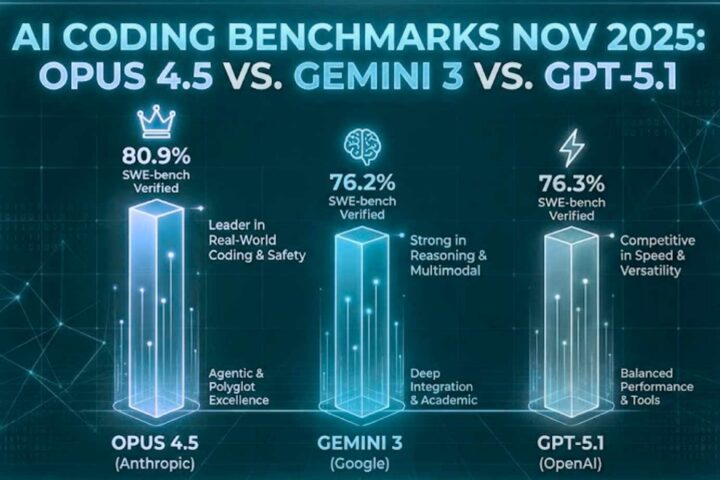These days there is a real need for technology to help manufacturing plants run smoother and smarter. Understanding when and why a company should invest in an enterprise resource planning (ERP) system designed with efficiency, safety, accountability, and food manufacturing at the forefront, is necessary for growth.
ERP systems are powerful tools for supporting manufacturers, but they are not for every business. ERP does not need to be a scary or intimidating prospect, but it can be a complex process. Before jumping into an ERP system, manufacturers must take a step back and consider a few simple questions.
What are your company’s goals?
What are the short-term and long-term goals of your company? Does ERP support those goals? Have you defined those goals? What are the benefits of your ERP system? What are the risks? What are the costs associated with the deployment of your ERP system? Are we able to sell this to our upper management?
What are the short-term and long-term goals of your company? Does ERP support those goals? Have you defined those goals? What are the benefits of your ERP system? What are the risks? What are the costs associated with the deployment of your ERP system? Are we able to sell this to our upper management? Are you considering the right ERP solution?
How does the ERP system address your needs? Is it a good fit for your business? Does it facilitate the growth and management you seek? Will it help you succeed? The answers you get should be addressing these questions.
How does the ERP system address your needs? Is it a good fit for your business? Does it facilitate the growth and management you seek? Will it help you succeed? The answers you get should be addressing these questions. Are you implementing for just a few departments or the entire organization?
What is the scope of your ERP implementation? Is it for just a few departments or for all of the company? There are several different levels of ERP systems, each with varying features and complexities.
What is the scope of your ERP implementation? Is it for just a few departments or for all of the company? There are several different levels of ERP systems, each with varying features and complexities. Are you considering the right hardware and software?
Are you investing in the right hardware and software to support your ERP implementation? Is your current infrastructure able to support the new system? Are there any changes you need to make to your hardware? Software? Data? Training? Understanding this before implementation can greatly reduce the costs and risks associated with making an ERP investment.
Advantages of using an ERP for Food Manufacturing
Investment in ERP for food manufacturing can help a business grow faster, smarter, and more profitable.
A study by Deloitte indicates that 75 percent of all industrial manufacturers implement ERP to increase competitive advantage.
Advanced manufacturing is one of the fastest growing segments in the U.S. economy.
ERP can help food manufacturers navigate these growing waters and beyond. Investing in ERP gives manufacturers access to innovative technologies and allows them to run more efficient factories, manage all aspects of production, and provide customers with better products.
ERP helps lower costs. ERP’s integrated solutions can save time and reduce expenses by eliminating redundant systems, data entry, and the management of disparate data. This allows manufacturers to save money as well as increase capacity. ERP solutions are designed to scale in a way that enables firms to grow as they do.
ERP’s integrated solutions can save time and reduce expenses by eliminating redundant systems, data entry, and the management of disparate data. This allows manufacturers to save money as well as increase capacity. ERP solutions are designed to scale in a way that enables firms to grow as they do. Technology provides you with a competitive edge. The best manufacturers use technology to stay one step ahead of the competition. ERP can help you do that. You don’t have to commit valuable human resources to monitoring and coordinating disparate systems. Your manufacturing staff can focus solely on manufacturing. ERP can also help you remain relevant in the eyes of customers. Because of its integration of solutions, ERP can help decrease customer lead times through increased transparency, improved real-time responsiveness, and better customer service.
The best manufacturers use technology to stay one step ahead of the competition. ERP can help you do that. You don’t have to commit valuable human resources to monitoring and coordinating disparate systems. Your manufacturing staff can focus solely on manufacturing. ERP can also help you remain relevant in the eyes of customers. Because of its integration of solutions, ERP can help decrease customer lead times through increased transparency, improved real-time responsiveness, and better customer service. Food manufacturers can increase customer satisfaction. Using an ERP system, manufacturers can provide customers with more accurate information about finished goods and reduce the time and cost to develop new products.
Disadvantages of Using an ERP for Food Manufacturing
While one may see an advantage to using an ERP system, the decision to implement can still be overwhelming. The ERP industry is so diverse that choosing an ERP solution for food manufacturing can be confusing and intimidating.
The food industry is extremely diverse, and there are a variety of different processes and systems to manage. Companies in the food, beverage, and supply industries have unique requirements. Therefore, they need a great ERP solution.
The food industry is extremely diverse, and there are a variety of different processes and systems to manage. Companies in the food, beverage, and supply industries have unique requirements. Therefore, they need a great ERP solution. Globalization is happening at a rapid pace. Since manufacturing is a worldwide phenomenon, companies are having to compete for market share globally. ERP provides strategies to support the needs to globalization, a better product and to enhance profitability.
Since manufacturing is a worldwide phenomenon, companies are having to compete for market share globally. ERP provides strategies to support the needs to globalization, a better product and to enhance profitability. ERP must be a cohesive tool. One of the biggest benefits of ERP is that it users can rely on a single integrated system for data capture, storage and providing that information to the production, finance and marketing.











